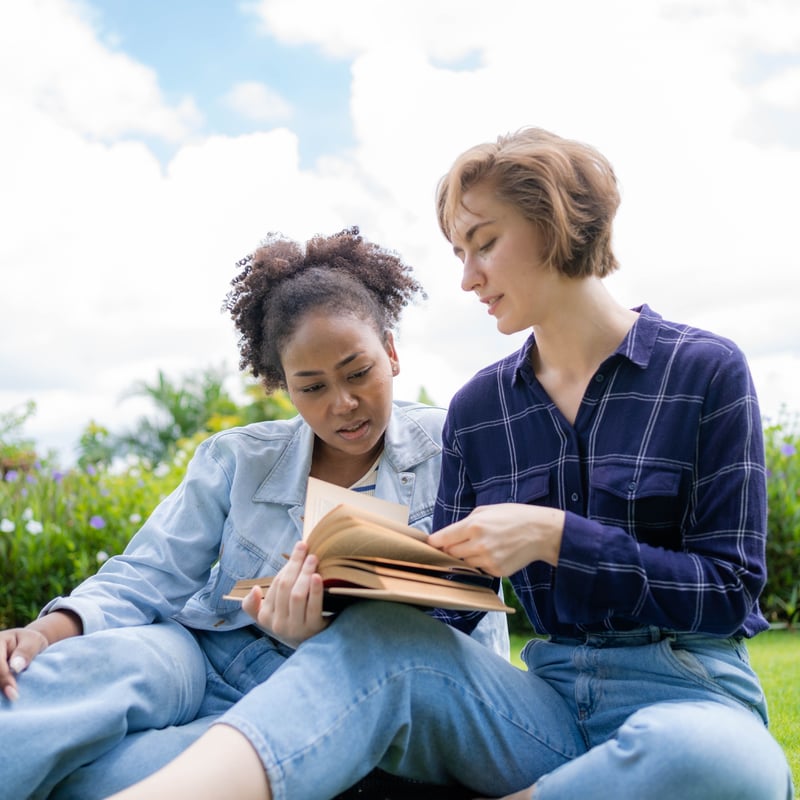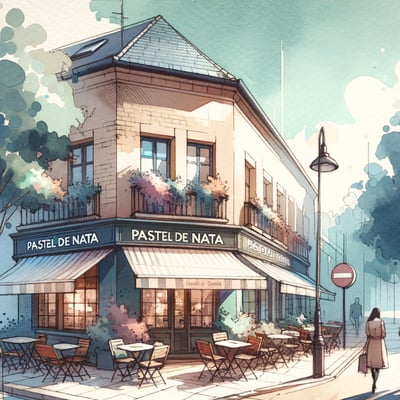Please request our permission before redistributing these files.
With a Premium Subscription, you can also download PDF transcriptions, with or without English translations for printing or offline use.
- PracticePortuguese.com
- Ontem, eu acordei cedo e fui ao mercado. Yesterday, I woke up early and went to the market.
- Lá, comprei frutas e verduras para o almoço. There, I bought some fruit and vegetables for lunch.
- Depois, voltei para casa e preparei uma salada deliciosa. Then I returned home and prepared a delicious salad.
- Enquanto eu comia, ouvi o telefone tocar. While I was eating, I heard the phone ring.
- Era a minha amiga Maria, que me convidou para ir ao parque. It was my friend Maria, who invited me to go to the park.
- Eu aceitei o convite e fui vestir-me. I accepted the invitation and went to get dressed.
With a Premium Subscription, you can take episode quizzes to challenge your comprehension skills and track your progress!
With a Premium Subscription, you can take save these phrases to Smart Review, and use spaced repetition to commit them to long-term memory.

 Joana
Joana











The text reads “Era a minha amiga Maria”. Could “Foi a minha amiga Maria” have any sensible meaning?
The imperfect tense “era” is an appropriate choice here, since it’s both narrative and progressive, i.e. it can be used for past actions with a certain progressiveness or continuity to them and pulls us closer to a time where that past action could’ve still been current, like when we recreate a past situation on our minds and visualize it in “real time” within that past setting. The implied action here, being/talking on the phone, is progressive/open-ended (“Era a minha amiga Maria [ao telefone]”), so it doesn’t match with the simple past “foi”. However, if we linked it to a non-progressive action, we could make it work. For example, “Foi a minha amiga Maria que telefonou”.
Joseph: that’s a great explanation that could usefully get added to the learning note on the imperfect.